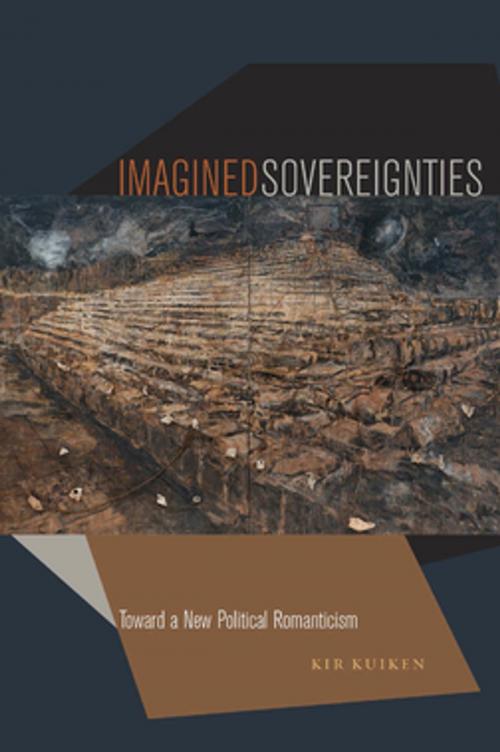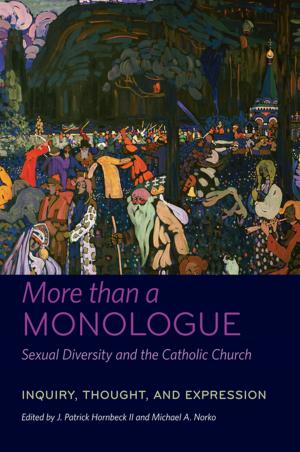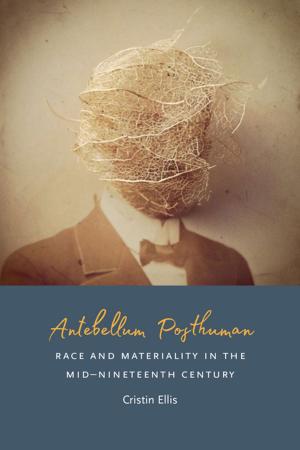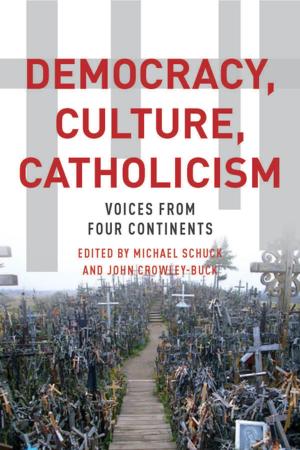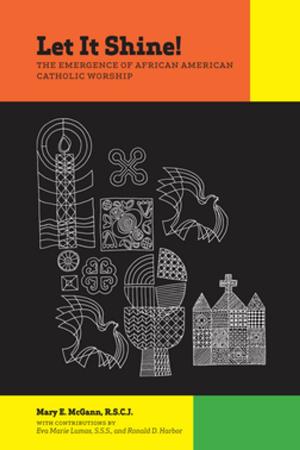Imagined Sovereignties
Toward a New Political Romanticism
Fiction & Literature, Literary Theory & Criticism, British, Nonfiction, Social & Cultural Studies, Political Science, Politics, History & Theory| Author: | Kir Kuiken | ISBN: | 9780823257690 |
| Publisher: | Fordham University Press | Publication: | May 1, 2014 |
| Imprint: | Fordham University Press | Language: | English |
| Author: | Kir Kuiken |
| ISBN: | 9780823257690 |
| Publisher: | Fordham University Press |
| Publication: | May 1, 2014 |
| Imprint: | Fordham University Press |
| Language: | English |
Imagined Sovereignties argues that the Romantics reconceived not just the nature of aesthetic imagination but also the conditions in which a specific form of political sovereignty could be realized through it.
Articulating the link between the poetic imagination and secularized sovereignty requires more than simply replacing God with the subjective imagination and thereby ratifying the bourgeois liberal subject. Through close readings of Blake, Coleridge, Wordsworth, and Shelley, the author elucidates how Romanticism’s reassertion of poetic power in place of the divine sovereign articulates an alternative understanding of secularization in forms of sovereignty that are no longer modeled on transcendence, divine or human.
These readings ask us to reexamine not only the political significance of Romanticism but also its place within the development of modern politics. Certain aspects of Romanticism still provide an important resource for rethinking the limits of the political in our own time. This book will be a crucial source for those interested in the political legacy of Romanticism, as well as for anyone concerned with critical theoretical approaches to politics in the present.
Imagined Sovereignties argues that the Romantics reconceived not just the nature of aesthetic imagination but also the conditions in which a specific form of political sovereignty could be realized through it.
Articulating the link between the poetic imagination and secularized sovereignty requires more than simply replacing God with the subjective imagination and thereby ratifying the bourgeois liberal subject. Through close readings of Blake, Coleridge, Wordsworth, and Shelley, the author elucidates how Romanticism’s reassertion of poetic power in place of the divine sovereign articulates an alternative understanding of secularization in forms of sovereignty that are no longer modeled on transcendence, divine or human.
These readings ask us to reexamine not only the political significance of Romanticism but also its place within the development of modern politics. Certain aspects of Romanticism still provide an important resource for rethinking the limits of the political in our own time. This book will be a crucial source for those interested in the political legacy of Romanticism, as well as for anyone concerned with critical theoretical approaches to politics in the present.
